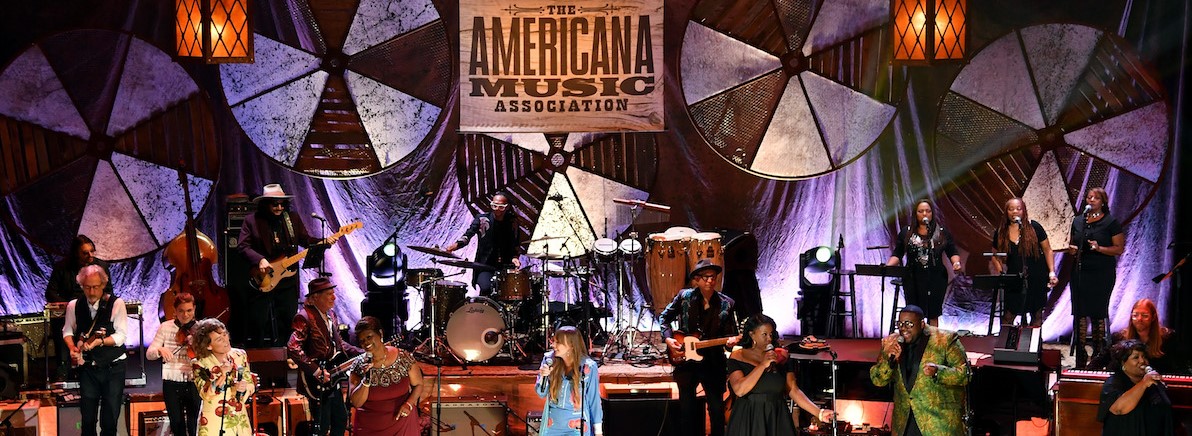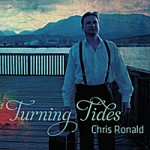By Terry Roland
I’ll Be Here In The Morning: The Songwriting Legacy of Townes Van Zandt by Brian T. Atkinson Published by Texas A&M University Press.
The question comes to mind when first picking up Brian Atkinson’s new book, I’ll Be Here In The Morning: The Songwriting Legacy of Townes Van Zandt: Do we need another book or really any more observations about the enigmatic Texas folk-country-blues poet? With two biographies already in print, two documentaries and recorded tributes, have we come close to exhausting observations of his legacy and the comedy and tragedies of a life that led to an iconic library of songs and stories that have been packaged and repackaged for commercial gain?
A few chapters in and the answer becomes clear. This is not a traditional biography or an attempt to simply cash in. The premise here is balance, perspective and a view of the universal nature of art. While the word-of-mouth and commercial use of Townes’ name and image in Americana circles today exceeds any fame he approached during his lifetime, he sometimes evokes a holiness that hardly matches the reality.
Atkinson’s book attempts to bring us to the core of Townes’ identity as an artist and person, complete with adoration, criticism, flaws, gifts and curses in all of his unwashed personal insanity and wild creativity. Because of the format of the book. he succeeds more often than not.
Each chapter comes from musicians and songwriters, some friends and some strangers, revealing their own experiences with Townes Van Zandt. While this narrative choice could run aground with a tendency to deify the legendary Texas songwriter or take the opposite route through the humorous and sometimes hilarious stories of his many drunken escapades, skillful editing and the careful selection of contributors allows Atkinson to present a portrait of Townes as complex and elusive as many of the songs he wrote.
This Townes-as-Citizen-Kane approach never leads to the ultimate Rosebud moment revealing what made Townes such a brilliant and tragic figure. This is not the point of the book. The subtext is clear; life and art can never be completely explained by any one person, but in the end it is to be enjoyed and appreciated without condition, even through its dangers, tragedies, risks, insanity and joy. In the end, all we have is the song and in many ways, that’s enough. As Townes’ song title suggests, we do it all ‘for the sake of the song.’
Contributors to the book offer insights that may reveal more about themsleves than they intend. For example Counting Crows’ Adam Duritz finds Townes’ songs so hard to inhabit that he hesitates to sing his songs. Guy Clark recalls how both he and his close friends were as influenced by Dylan Thomas as they were by Bob Dylan. Kristofferson remembers that Townes had no idea of the respect he had from other songwriters. Other contributors include veterans Billy Joe Shaver, Chip Taylor, David Olney and Ramblin’ Jack Elliot.
While the majority share a real love of Townes, Atkinson is careful not to edit out criticism, including The Gourds’ Kevin Russell who believes Townes’ entire songwriting legacy can be summed up in what many view as his best album, Live at the Old Quarter.
Atkinson has made a point of selecting contributing artists who are friends and peers and also younger artists who have been influenced by Townes, which enrich the book. For example, Jay Farrar of Uncle Tupelo and Son Volt and singer-songwriter Cory Chisel are two artists who demonstrate the influence the songwriter still has on younger artists, while the obvious choices of Rodney Crowell, Guy Clark, Ray Wylie Hubbard and Butch Hancock attest to Townes’ legacy.
Still, the inclusion of an artist like Jewel and the omission of Eric Andersen, who wrote songs with Townes and Steve Earle and is regarded by many as Townes Jr., is hard to understand.
While we have every right to be skeptical about a new Townes Van Zandt biography,
Atkinson nicely captures his spirit and legacy in this valuable new book.

 By Joe Ross
By Joe Ross